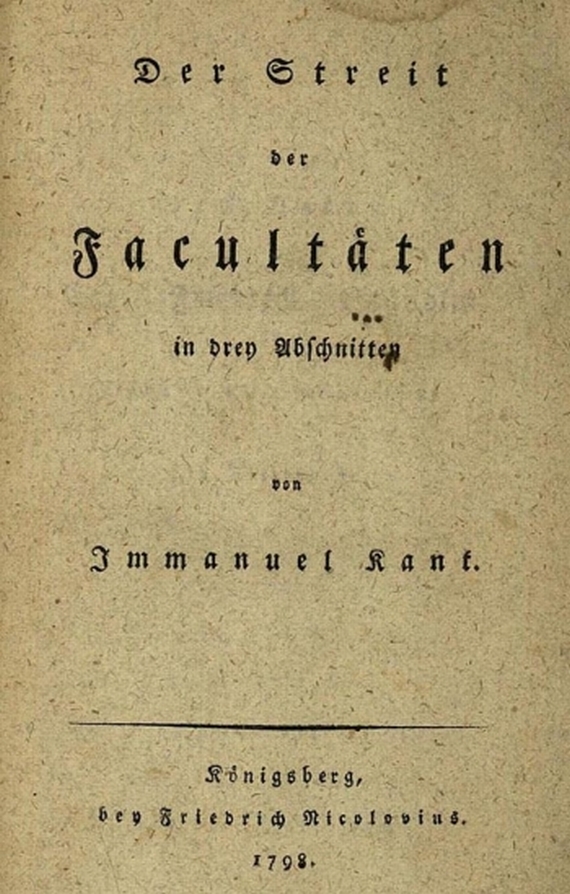
This course explores reflections on the structure and purpose of the university and the role of philosophy within that institution as put forward by German philosophers in the 19th and 20th centuries until today. The University of Berlin was founded in 1809/10 following a series of philosophical university reform writings: it was the first research university in history. Wilhelm von Humboldt in particular had the idea to create a new kind of university in which teaching and research would form a unity, in which science would be independent of political interests, and in which students would receive a universal education. By reading key texts by philosophers such as Kant, Schelling, Fichte, von Humboldt, Schleiermacher, Hegel, Marx, Heine, Schopenhauer, Nietzsche, and Heidegger, we will trace how ideas relating to university reform changed and were implemented in the course of the last two centuries, also in light of the most recent European university reform: the Bologna Process in 1999.
- Kursverantwortliche/r: Benjamin Wilck